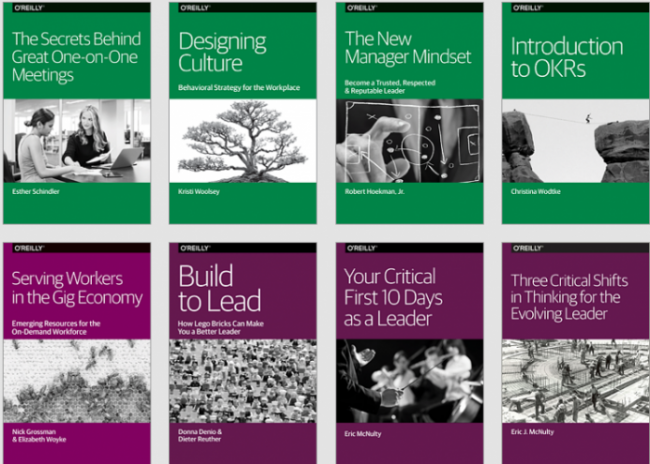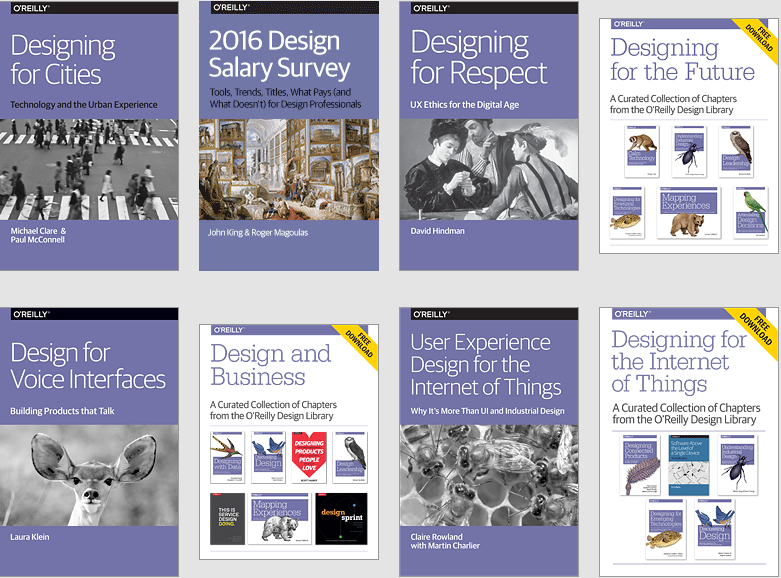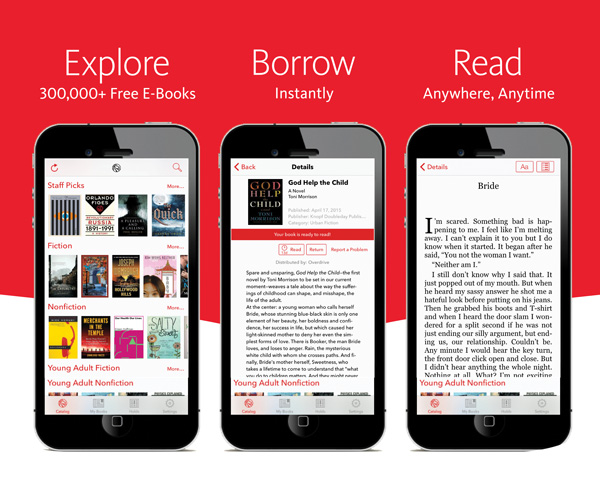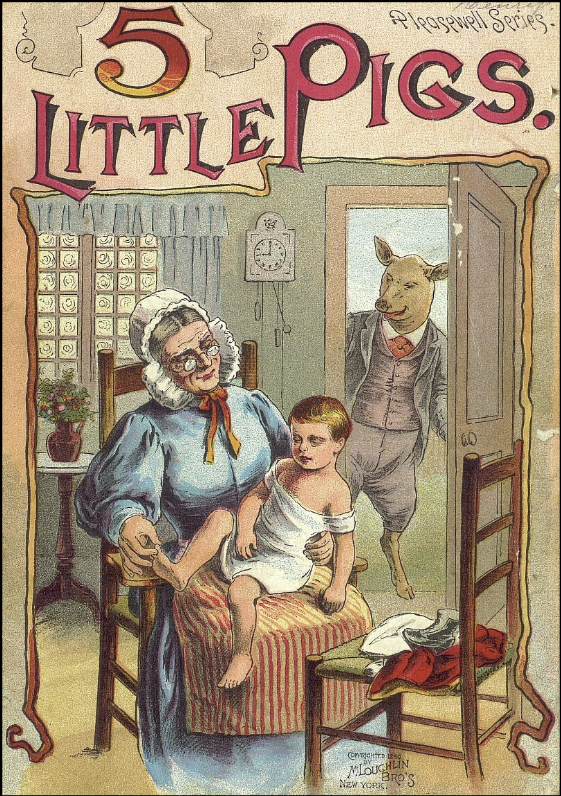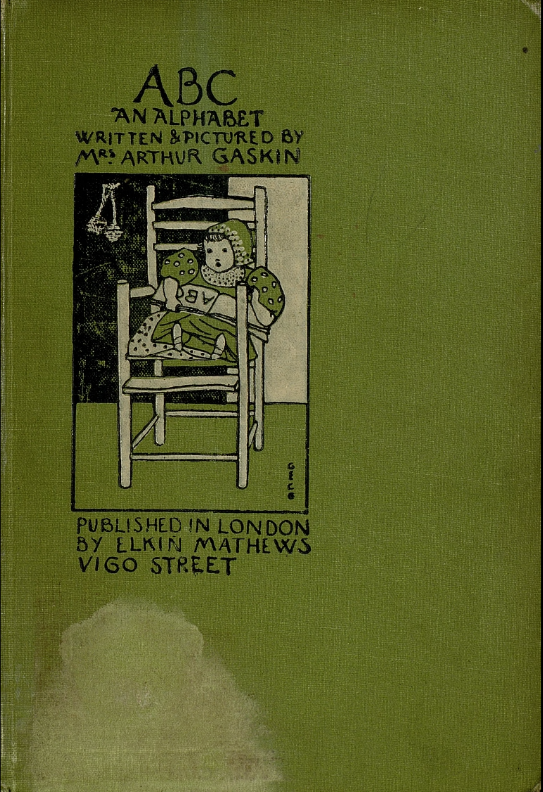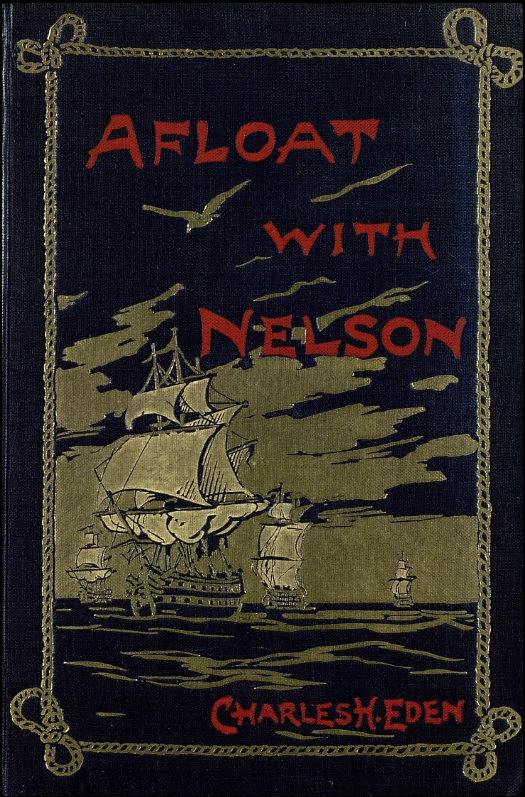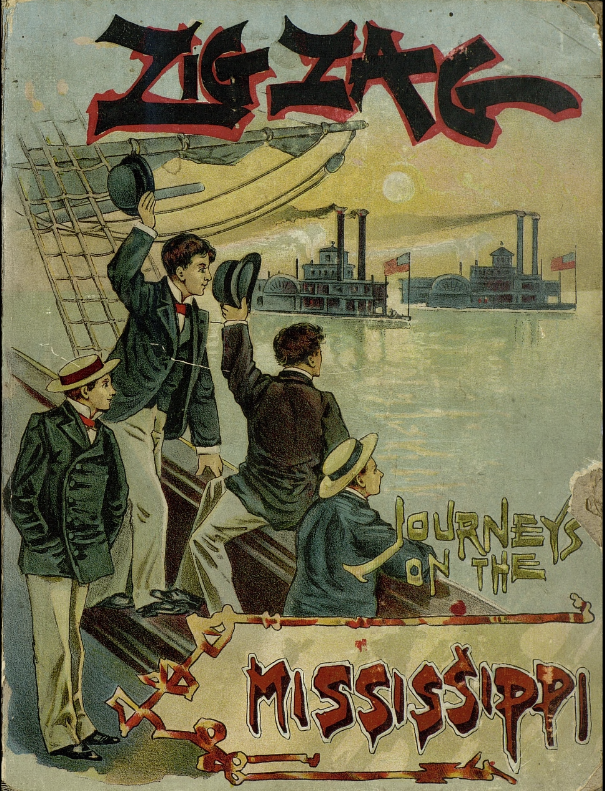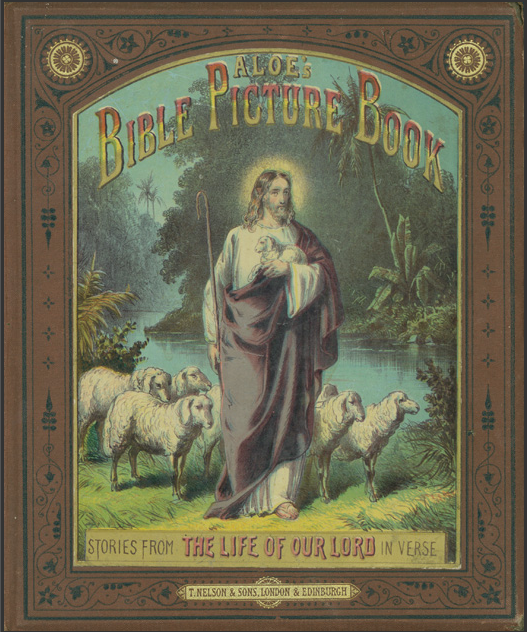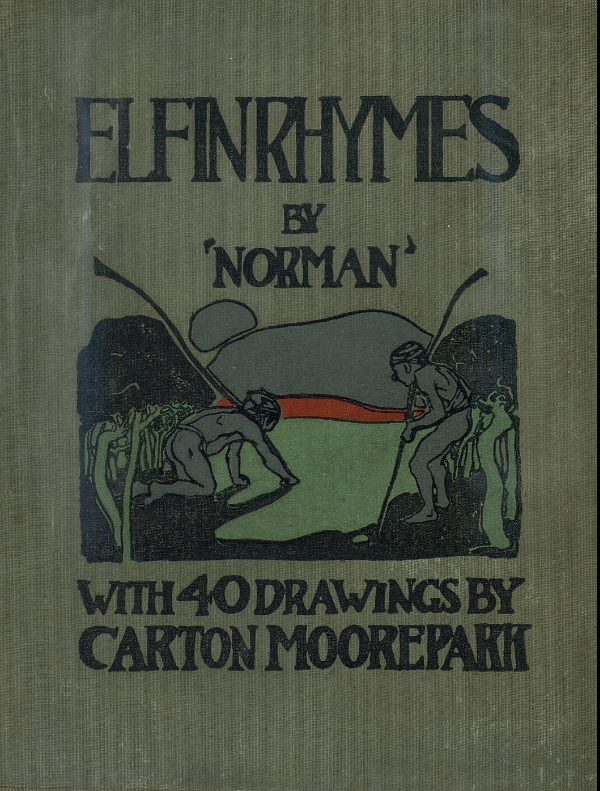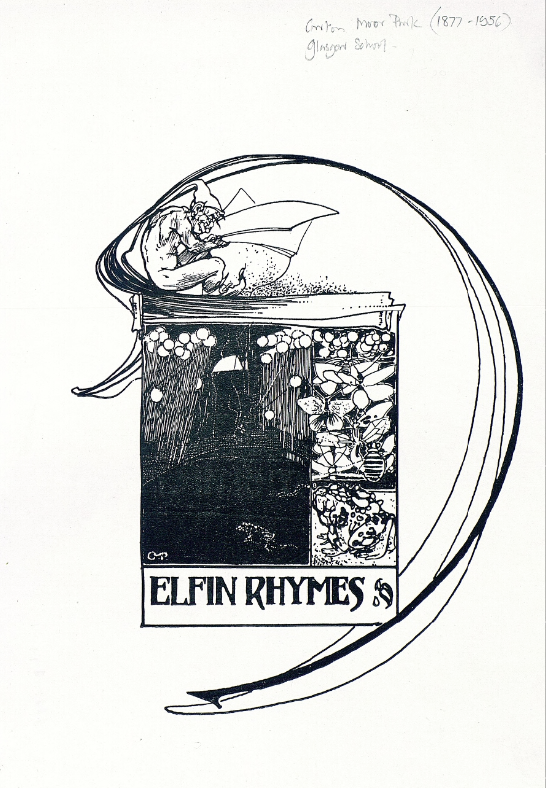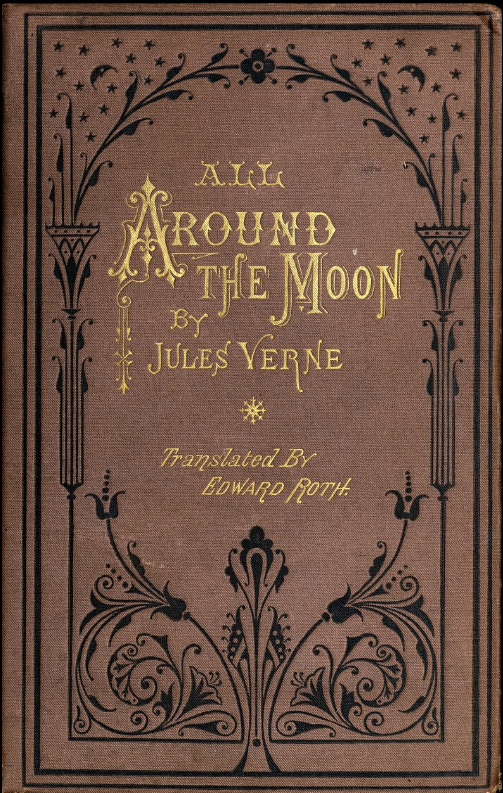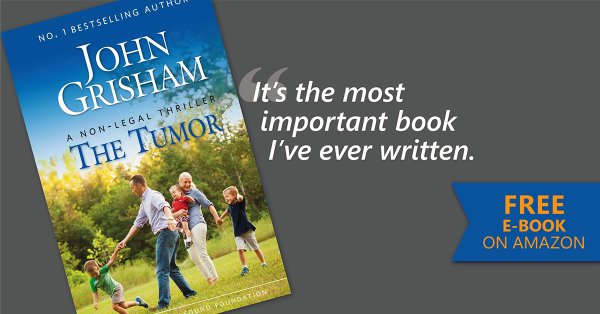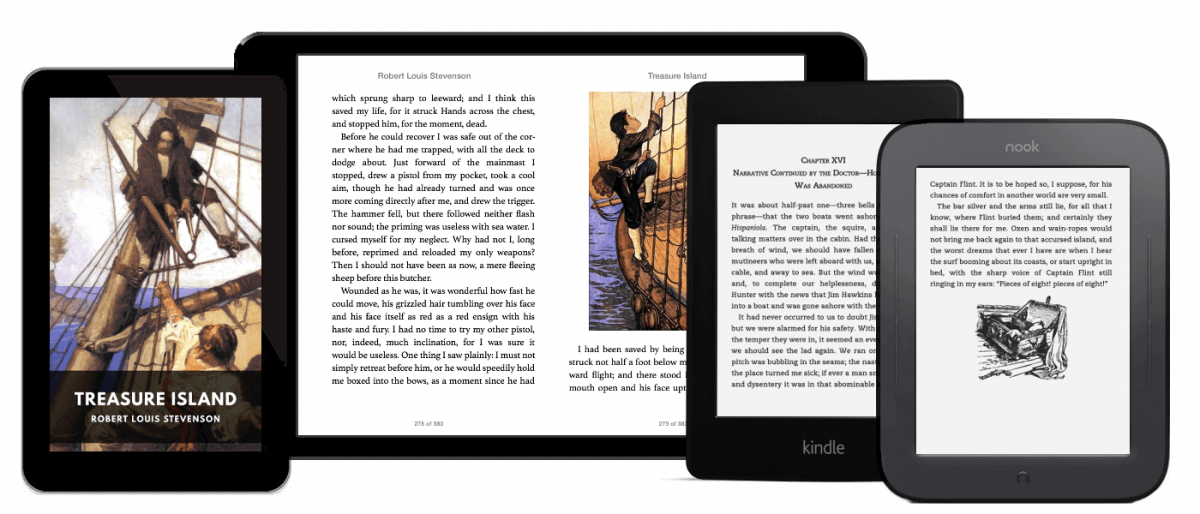 If you look through our collection of 800+ Free eBooks, you will find many public domain texts presented by providers like Project Gutenberg and Archive.org. Pretty soon, we’ll have to add texts from Standard eBooks, a volunteer-driven project that digitizes books while placing an emphasis on design and typography. Here’s how they describe their mission:
If you look through our collection of 800+ Free eBooks, you will find many public domain texts presented by providers like Project Gutenberg and Archive.org. Pretty soon, we’ll have to add texts from Standard eBooks, a volunteer-driven project that digitizes books while placing an emphasis on design and typography. Here’s how they describe their mission:
While there are plenty of places where you can download free and accurately-transcribed public domain ebooks, we feel the quality of those ebooks can often be greatly improved.
For example, Project Gutenberg, a major producer of public-domain ebooks, hosts epub and Kindle files that sometimes lack basic typographic necessities like curly quotes; some of those ebooks are automatically generated and can’t take full advantage of modern ereader technology like popup footnotes or popup tables of contents; they sometimes lack niceties like cover images and title pages; and the quality of individual ebook productions varies greatly.
Archival sites like the Internet Archive (and even Project Gutenberg, to some extent) painstakingly preserve entire texts word-for-word, including original typos and ephemera that are of limited interest to modern readers: everything including centuries-old publishing marks, advertisements for long-vanished publishers, author bios, deeply archaic spellings, and so on. Sometimes all you get is a scan of the actual book pages. That’s great for researchers, archivists, and special-interest readers, but not that great for casual, modern readers.
The Standard Ebooks project differs from those etext projects in that we aim to make free public domain ebooks that are carefully typeset, cleaned of ancient and irrelevant ephemera, take full advantage of modern ereading technology, are formatted according to a detailed style guide, and that are each held to a standard of quality and internal consistency. Standard Ebooks include carefully chosen cover art based on public domain artwork, and are presented in an attractive way on your ebookshelf. For technically-inclined readers, Standard Ebooks conform to a rigorous coding style, are completely open source, and are hosted on Github, so anyone can contribute corrections or improvements easily and directly without having to deal with baroque forums or opaque processes.
All of the ebooks in the Standard eBooks collection “are thought to be in the public domain in the United States.” You can currently download 103 texts–for example titles like Jane Austen’s Pride and Prejudice, Mary Shelley’s Frankenstein, short fiction by Philip K. Dick, and Nietzsche’s Beyond Good and Evil. (See the full collection here.) They offer versions specially designed for the Kindle and Kobo, but also the more universal epub format. If you’d like to pitch in and help Standard eBooks digitize more aesthetically-pleasing books, get more information here.
If you would like to sign up for Open Culture’s free email newsletter, please find it here. It’s a great way to see our new posts, all bundled in one email, each day.
If you would like to support the mission of Open Culture, consider making a donation to our site. It’s hard to rely 100% on ads, and your contributions will help us continue providing the best free cultural and educational materials to learners everywhere. You can contribute through PayPal, Patreon, and Venmo (@openculture). Thanks!
Related Content:
800 Free eBooks for iPad, Kindle & Other Devices 1,000 Free Audio Books: Download Great Books for FreeDownload 464 Free Art Books from The Metropolitan Museum of Art
Read 700 Free eBooks Made Available by the University of California Press

